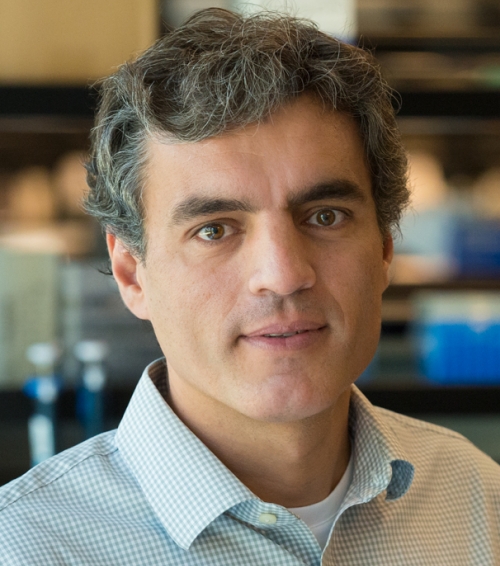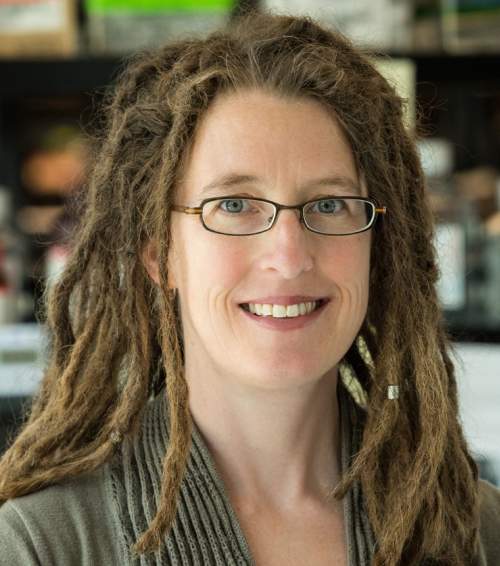Team Members
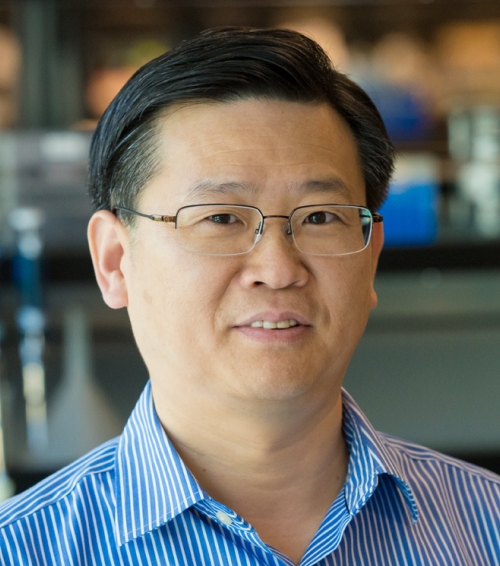
Yadong Huang, MD, PhD
Co-PI, Project 1 Leader
yadong.huang (at) gladstone.ucsf.edu
Yadong Huang and his team focus on the causes and progression of Alzheimer’s disease. Specifically, they study a variant of apolipoprotein E, called apolipoprotein E4 (apoE4). Approximately 60–75 percent of Alzheimer’s patients carry the apoE4 variant, making it the most important genetic risk factor for Alzheimer’s disease. The team uses mouse models and induced pluripotent stem (iPS) cells made from skin cells of patients carrying apoE4 or other mutations related to Alzheimer’s disease to study their effects on the development, survival, and degeneration of neurons. In addition, Huang’s lab is working to identify drug targets and develop therapeutic strategies for Alzheimer’s disease and other neurodegenerative disorders.
Jorge Palop’s lab aims to understand the neural processes underlying cognitive decline in Alzheimer’s disease and neurological conditions, such as epilepsy, autism, and schizophrenia. His team focuses on a type of neuron that stabilizes neuronal networks in the brain, called inhibitory interneurons, and the role they may play in the cognitive dysfunction and abnormal patterns of neuronal network activity that accompany Alzheimer’s disease. Ultimately, Palop’s group aims to define the mechanisms of cognitive dysfunction at the molecular, circuit, and network level, as well as to develop novel therapeutic approaches to restore brain functions in Alzheimer’s disease.
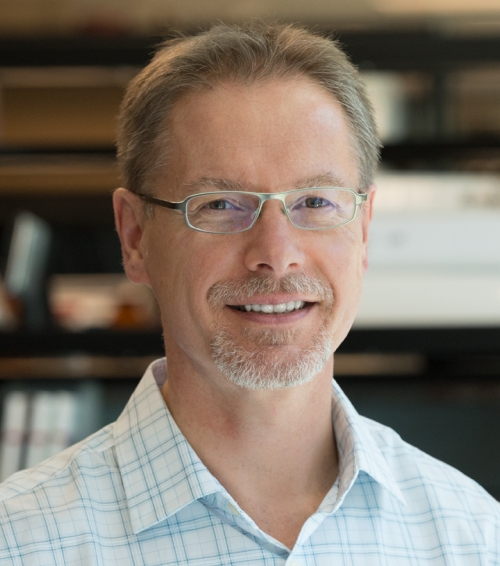
Lennart Mucke, MD
PI, Project 3 Leader, Administrative Core Leader
lennart.mucke (at) gladstone.ucsf.edu
The Mucke lab focuses on how major neurological and psychiatric conditions, such as Alzheimer’s disease and autism spectrum disorders, cause cognitive deficits, behavioral abnormalities, and other disabling symptoms. They study people afflicted by these conditions, as well as related mouse and cell culture models, to unravel disease mechanisms and identify novel therapeutic strategies. The group’s ultimate goal is to advance the understanding of devastating brain disorders to a point where transformative treatments can be developed for their prevention, control, and reversal.
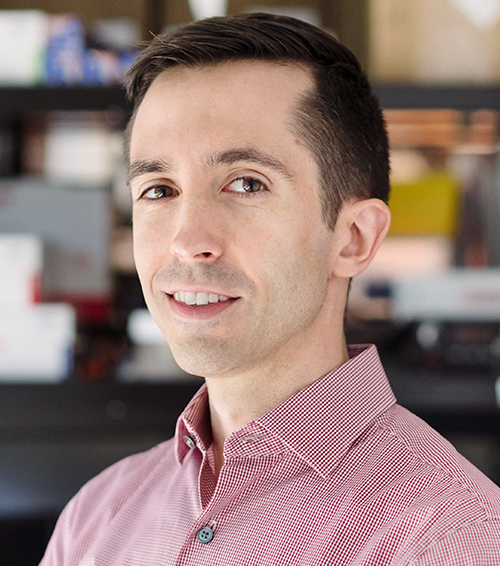
Ryan Corces, PhD
Project 4 Leader, Core B Co-Director
ryan.corces (at) gladstone.ucsf.edu
Google Scholar
@doctorcorces
Ryan Corces studies the contributions of genetic and non-genetic factors to neurodegenerative diseases. While genetic mutations modify genes directly, non-genetic factors, such as previous illnesses, exposure to environmental chemicals, or aging, can leave lasting imprints on the epigenome, the DNA sequences and associated proteins that control gene activation. Using computational biology, large-scale screens, and single-cell technologies, the Corces Lab probes the epigenome of cells derived from patients, with the aim to understand how it impacts disease risk and to develop novel avenues for therapeutic interventions.
Katie Pollard and her team develop statistical and computational methods to compare genomes and use the differences to decode how genomes work. Their analyses of massive sets of genomic and epigenomic data include investigating human genetic variation, understanding what makes humans unique compared to other species, and characterizing the genomic diversity of the human microbiome, the group of bacteria that populate our digestive system and other body sites. This evolutionary focus, coupled with rigorous statistical methods and bioinformatics tool development, gives the lab a unique perspective on human health and disease.
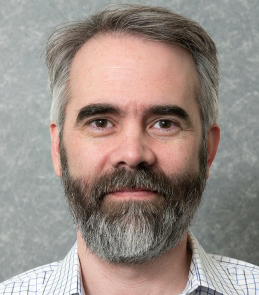
Alex Pico, PhD
Gladstone Bioinformatics Core Director
alex.pico (at) gladstone.ucsf.edu
Google Scholar
@xanderpico
Dr. Pico’s research focuses on understanding the complex networks that make up biological systems. New technologies continue to drive the amount and diversity of data types that can be analyzed via network analysis. Dr. Pico develops software tools and resources that help analyze, visualize and explore biomedical data in the context of these networks. Dr. Pico is the Executive Director for the National Resource for Network Biology (NRNB) and leads the Systems Biology Group for Gladstone Bioinformatics as Associate Director. After obtaining a PhD in molecular neurobiology and biophysics from Rockefeller University in 2003, Dr. Pico joined Gladstone as a postdoctoral fellow in the laboratory of Gladstone Senior Investigator Bruce R. Conklin, MD, where he focused on bioinformatics and software development. He went on to conceive of and co-found WikiPathways, as well as coordinate and contribute to a variety of scientific research tools, including GenMAPP-CS and Cytoscape.
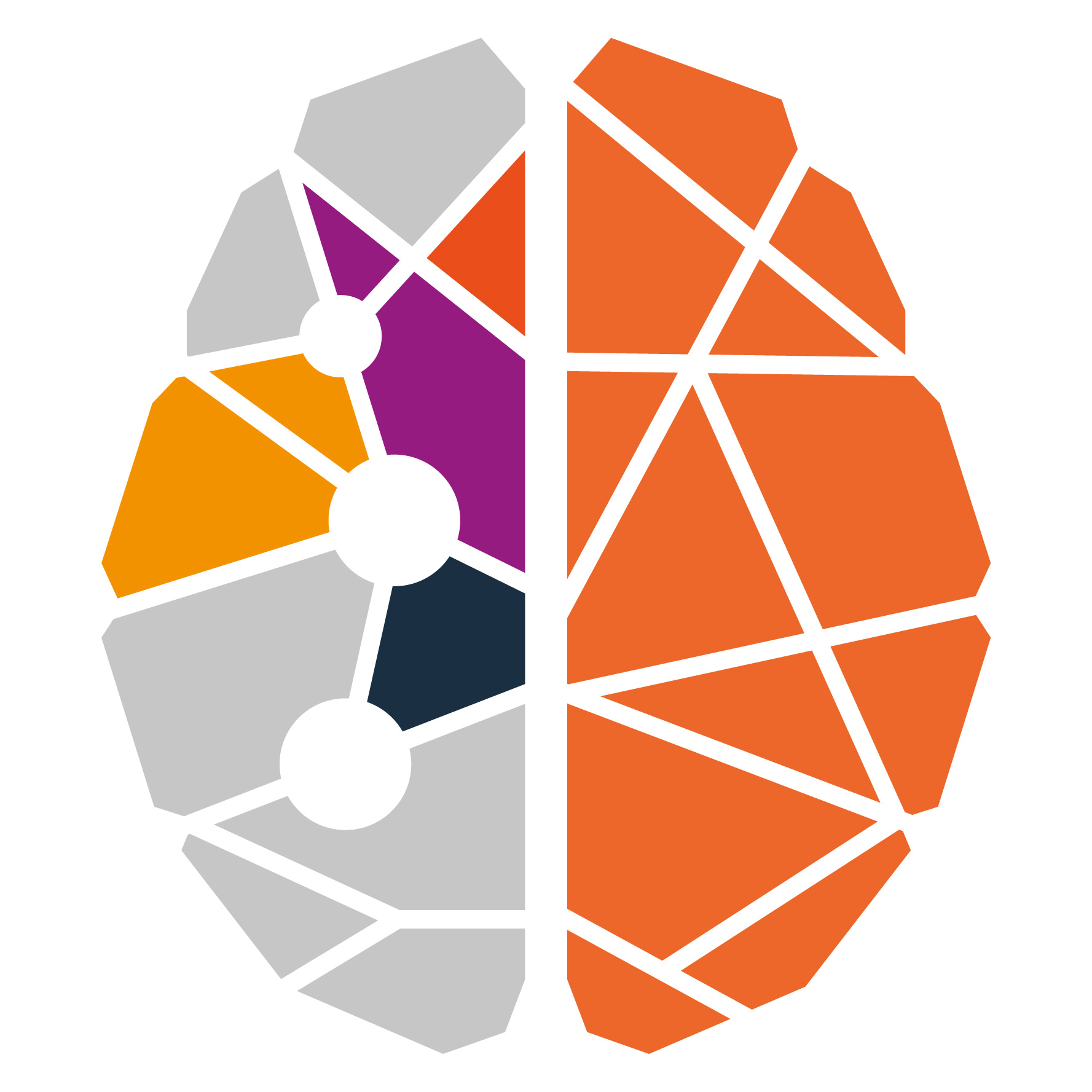
Reuben Thomas, PhD
Gladstone Bioinformatics Core Associate Director
reuben.thomas (at) gladstone.ucsf.edu
Google Scholar
Add Reuben bio here
